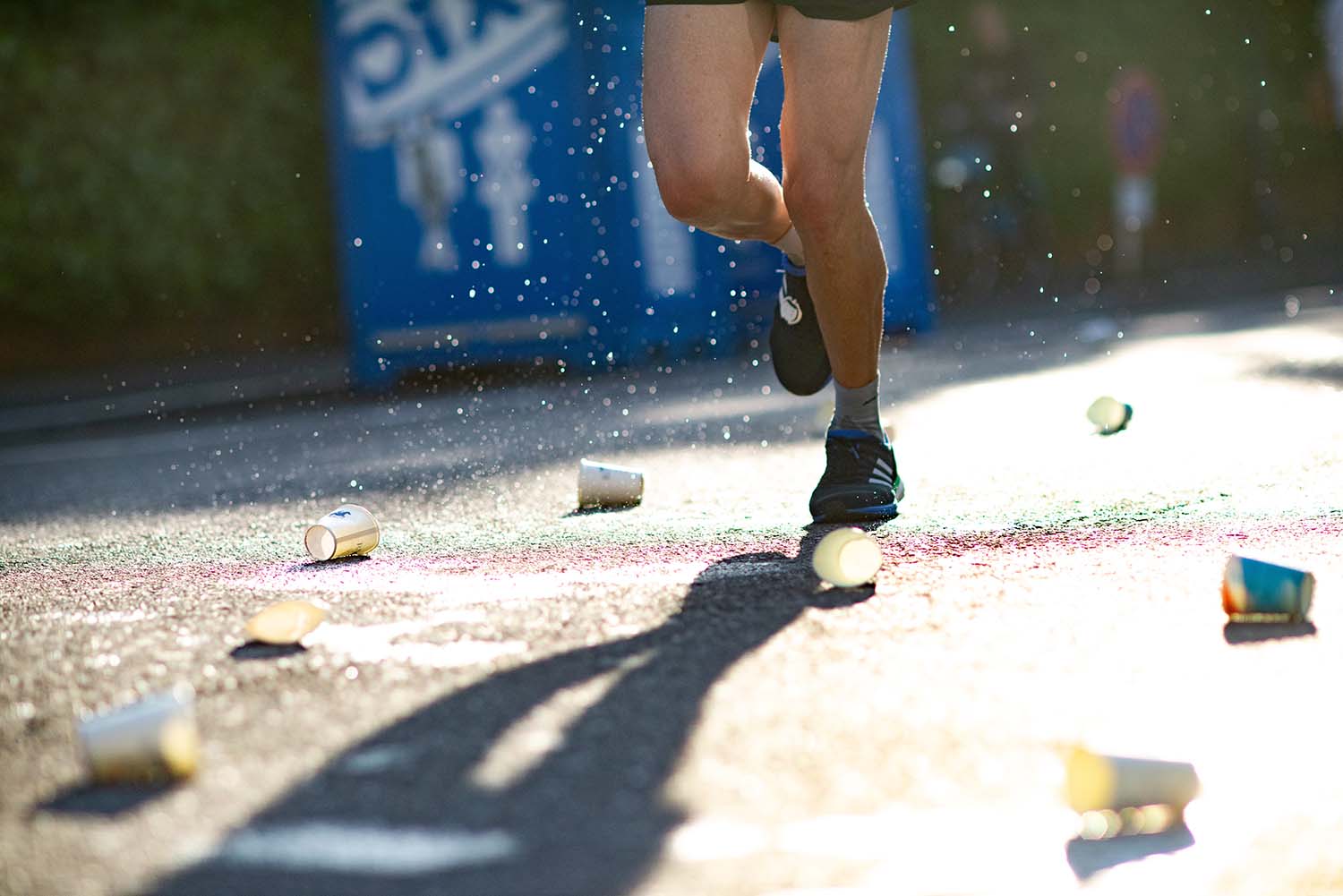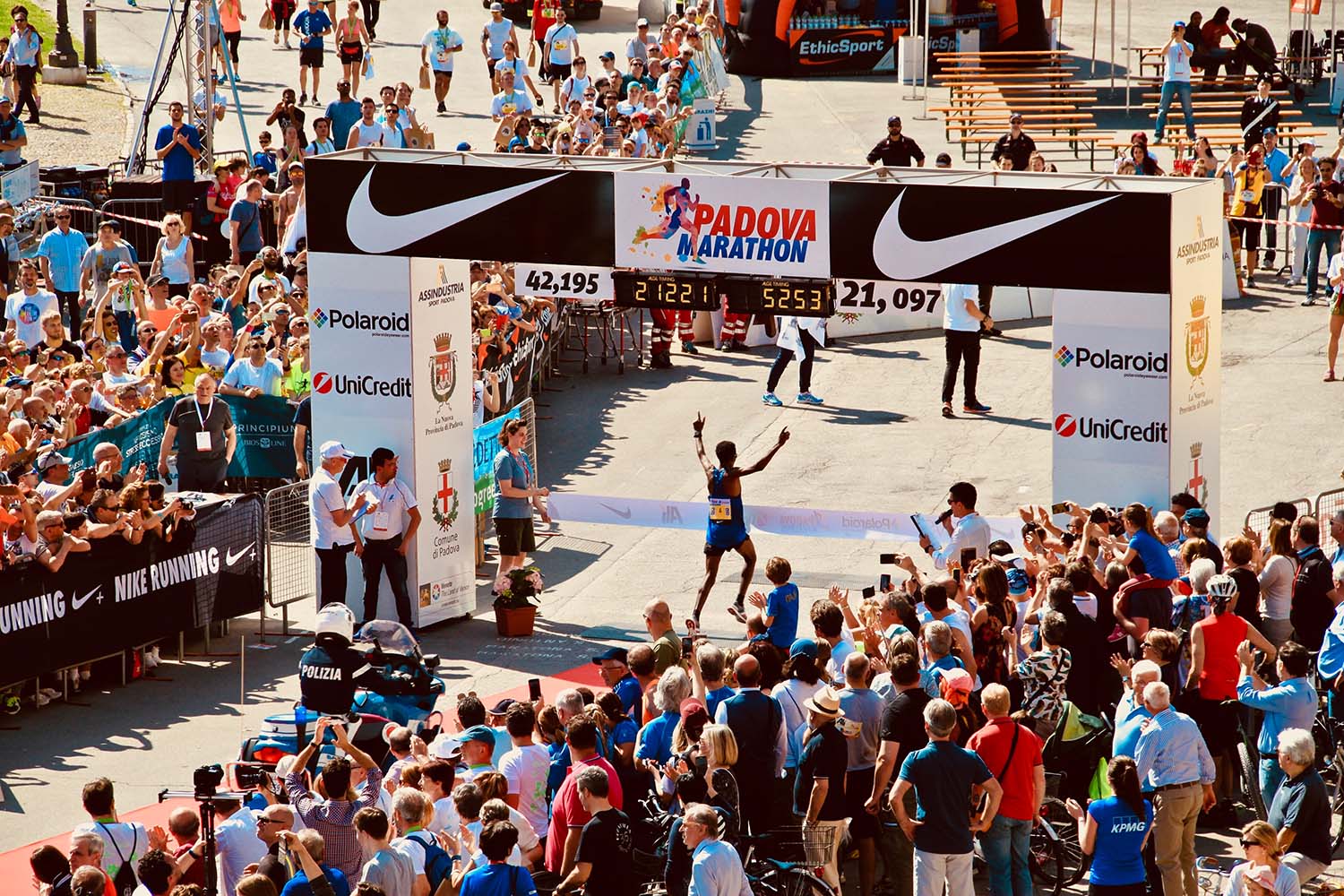Completing a marathon is one of those achievements everyone should achieve at some point in their life. Whether you’re a seasoned runner or running your first marathon, it is an incredibly rewarding experience. The feeling of finally reaching the finish line after 26.2 miles is one you won’t forget for the rest of your life. Everything about running a marathon is amazing from the cheering supporters to the sense of community amongst the competitors.
But like all things in life that are worthwhile, running a marathon is not easy. It is an incredibly long distance to run, and it will take you several hours to complete. You will be in discomfort and pain for a lot of the race, and there will be times when you just want to throw in the towel and go home. But the sense of satisfaction and achievement when you get to the end will make it all worth the struggle.
If you have a marathon coming up, you want to be prepared. It takes a huge amount of training and preparation to enter such an event, not to mention the price of the entry fee. The last thing you want is to burnout halfway through and fail to cross the finish line.
Fortunately, there are lots of things you can do to increase your chances of success and go home with your medal. To get you started, here are seven tips for running your first marathon.

Photo, Norman Meyer.
Set a goal
Do you just want to finish the marathon, or do you want to run it in a particular time? Setting a clear goal will help to make your training more focused as well as giving you added motivation to succeed. Decide what you want to achieve from your race and make a plan to get there. Completing a marathon under four hours is a common goal, although an ambitious one for a first-timer. Depending on your abilities, you might find five or six hours to be more achievable. It’s important to not get too hung up on times, however. Running 26.2 miles is an impressive feat in and of itself, and you don’t want to get stressed out checking your watch throughout the race.
Pick a goal that is achievable for you. Remember, you want to enjoy yourself too.
Create a training plan
Now that you have a goal in mind, you can now start creating a plan to help you get there. You should start training 12 to 16 weeks before your marathon date. In the early stages, you don’t need to worry about how fast you are running or how long you can go for. The important thing is getting time on your feet and building up your fitness. As you get closer to event day, you can start incorporating interval training and tempo runs to get your pace up. You should schedule a long run once a week, ideally on a weekend, with a few shorter runs throughout the week. The goal is to gradually increase your distance with each run, enabling you to complete a marathon more comfortably.
It’s helpful to create your training plan in a visual format like a chart or calendar, so it’s easy to see what you need to do each day and tick it off once you’ve completed it. Print it out and put it up on your wall so you get the motivation to put your trainers on every day.

Photo, Candra Winata.
Pick a marathon
There are so many marathon events to choose from, you can afford to be a little picky. You may want to go for one of the more famous ones like the Boston Marathon or the New York City Marathon. These are incredibly iconic races that may be on your bucket list, with spectacular scenery and thousands of supporters. However, their popularity means they are much busier than other races and can be more expensive.
If you want something a little closer to home, pick a marathon that is local to your city. It is likely to be a lot cheaper and with fewer participants, making it easier for you to reach your goal. Other factors might also be important to you, such as beautiful scenery or an easy, flat course so you can achieve your time target. Do some research online to see what events are available and pick the one that best suits your requirements.
Incorporate strength training
Your training shouldn’t only feature runs. Strength exercises are just as important, as they give your body the stamina and endurance needed to run long distances. Strength training not only makes you less likely to succumb to injury but also significantly increases your power, particularly when pushing uphill. If you’ve been wondering, “why is my running speed lagging?” — the answer might lie in a lack of strength work. By incorporating exercises like squats, lunges, and planks into your routine once or twice a week, focusing on your legs, back, and core, you can build the muscle strength needed to enhance your speed and performance.

Photo, Pietro Rampazzo.
Take breaks
As your training volume increases, you will start to feel the effects of physical and mental fatigue. Particularly if you are fitting all of these around a fulltime job and other personal commitments. Getting adequate rest is a crucial part of your training. Make sure you incorporate a couple of rest days into your schedule to take a break from running. It’s fine to take a brisk walk or do some yoga during this time, but make sure you give your body and mind a chance to recover.
Sleep is also important, as this is the time in which your cells repair themselves and your batteries recharge. Try to get as much sleep as you can each night, to really prioritize your recovery. Turn off electronic devices a few hours before bed to give your brain a chance to wind down, and try to hit the sack a little earlier than normal after a long run.
Eat well
You should stay on top of your nutrition plan while you are training for the marathon. The things you put into your body determine what you get out of it, so cut down on the junk food and greasy takeaways. You can have a celebratory beer and pizza when you reach the finish line, but for now you should try to improve your diet. Carbohydrates like pasta and rice are a good basis for a meal the night before a long run as they will give you the energy you need to cover large distances.
You should also feature plenty of protein in your meals as this will help you with recovery. Protein shakes and bars are great post-run snacks. Make sure you drink plenty of water too, as staying hydrated will keep your body in good condition and prevent dehydration during a run.
Know what to expect
When event day arrives, you want everything to go as smoothly as possible. You will already be feeling nervous and stressed so the last thing you need is unexpected problems on the day. Make sure you know what to expect by researching the location, route, and rules of the race. Have your race equipment ready to go well in advance and plan your journey to the start so you can avoid traffic delays. It’s a good idea to scout out the route before the race so you are familiar with it. It will look a little different on the day with teardrop banners and crowds control tape everywhere, but this preparation will still help you settle your nerves.
As long as you are prepared and stick to your training plan, your first marathon should go off without a hitch. Good luck.








